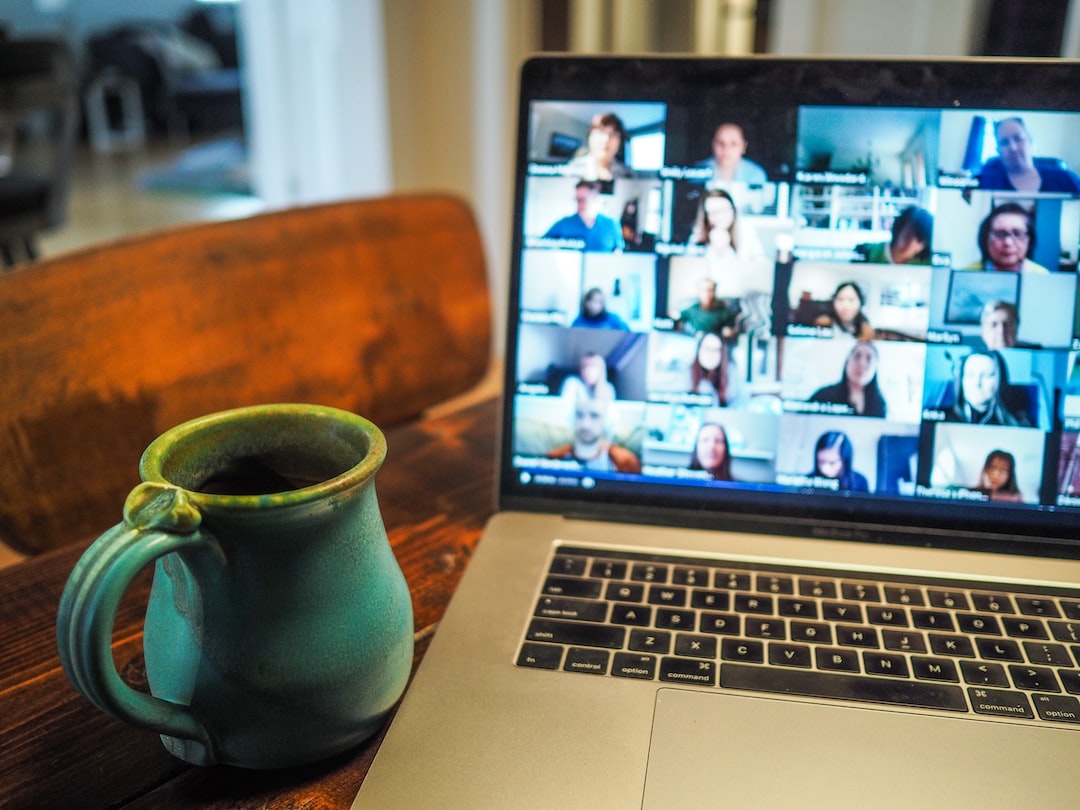The Role of Journalism in Today’s World
In today’s fast-paced, digitally connected world, the role of journalism has never been more vital. Journalism serves as a cornerstone for democracy, providing the public with accurate and reliable information, holding those in power accountable, and facilitating informed decision-making.
One of the primary roles of journalism is to act as a watchdog. Journalists investigate and report on issues of public interest, shining a light on corruption, injustice, and violations of human rights. Through their stories, they expose the truth and hold individuals, organizations, and governments accountable for their actions. Without journalism, these wrongdoings may go unnoticed, allowing those responsible to act with impunity.
Another essential function of journalism is to provide the public with accurate and reliable information. In an age of misinformation and fake news, journalists play a crucial role in fact-checking and verifying information before disseminating it to the public. By doing so, they help combat the spread of false information and ensure that individuals are well-informed to make educated decisions.
Journalism also serves as a platform for different perspectives and voices to be heard. Reporters strive to present diverse viewpoints, giving the public a more comprehensive understanding of complex issues. This allows for a more democratic society where various opinions and beliefs are respected and understood.
Furthermore, journalism acts as a mirror reflecting society back to itself. By reporting on all aspects of human life, journalists help society understand itself better. Through their stories, they tackle social issues, raise awareness, and stimulate public discourse, fostering an informed and engaged citizenry. This, in turn, strengthens the fabric of democracy by encouraging active participation and critical thinking.
With the advent of technology, journalism has evolved and faced both opportunities and challenges. The internet has provided a platform for citizen journalism, giving ordinary individuals the power to share their stories and perspectives. While this can be beneficial, it also means that the responsibility of fact-checking and ensuring accuracy falls on the individual reader.
Furthermore, the rise of social media has led to the rapid dissemination of information, often without proper verification. Journalists now face the challenge of competing with an overwhelming volume of content, making it crucial for them to cut through the noise and provide reliable sources.
In conclusion, the role of journalism in today’s world cannot be overstated. From acting as a watchdog to providing accurate information and promoting diverse perspectives, journalism plays a pivotal role in democracy. In an age of misinformation, journalists must strive to uphold the highest ethical standards, ensuring that the public is well-informed and empowered to make informed decisions. Journalists are the gatekeepers of truth, and their commitment to holding power accountable will continue to shape societies around the globe.

